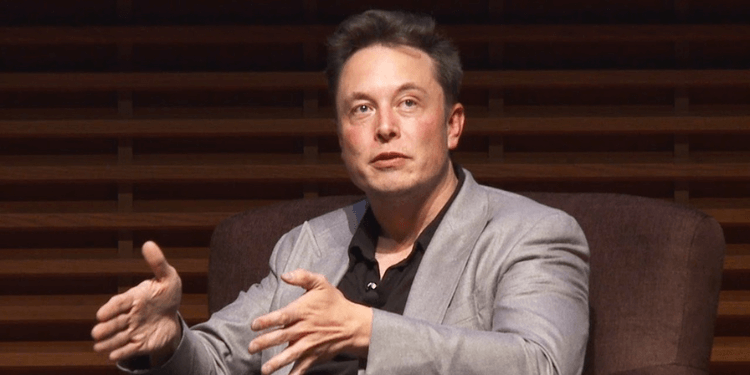Elon Musk’s social media platform, X, previously known as Twitter, is taking the Center for Countering Digital Hate (CCDH) to court this Thursday, marking a significant moment in Musk’s battle against what he perceives as misleading claims made by the anti-extremism research organization. The lawsuit, initiated by X last year, accuses the CCDH of propagating “false and misleading claims” about the platform and its handling of hate speech, extremism, and misinformation.
The CCDH, established in 2018, is known for its comprehensive studies on social media platforms, tracking and reporting on hate speech and misinformation. Following Musk’s acquisition of Twitter, the organization highlighted an increase in hate speech on the platform and pointed out how reinstating previously banned accounts could potentially generate millions in advertising revenue for X.
The upcoming court session in San Francisco will see the CCDH argue that X’s lawsuit is meritless and violates California’s anti-SLAPP law, designed to prevent litigation that aims to suppress free speech. Conversely, X will argue the lawsuit’s legitimacy, also alleging that the CCDH used illegal data scraping methods and breached terms of service via Brandwatch, a social media monitoring tool. This pivotal hearing will be livestreamed from the U.S. District Court for the Northern District of California.
The CCDH has sought to have the lawsuit dismissed under California’s SLAPP legislation, asserting that Musk’s legal strategy is to exhaust the organization’s financial resources. X, on its platform, and Musk, through his public statements, have vehemently criticized the CCDH, with Musk personally labeling the organization as “an evil propaganda machine.”
This legal battle is among several Musk has initiated against organizations he believes are misrepresenting his social media platform, including lawsuits against Media Matters for America and threats of legal action against the Anti-Defamation League. However, the CCDH case stands out due to its occurrence in California, where anti-SLAPP laws provide a robust defense against such lawsuits.
The CCDH’s defense is notably supported by Roberta Kaplan, a distinguished attorney recognized for her victory in the E. Jean Carroll defamation case against Donald Trump. As the legal proceedings unfold, the outcome of this lawsuit could set a precedent for how criticism and research into social media platforms are treated in the eyes of the law.
The legal confrontation between Elon Musk’s X and the CCDH underscores the complex interplay between free speech, platform accountability, and the challenges of combating online hate and misinformation. As digital platforms increasingly become battlegrounds for ideological disputes, the outcome of this case may influence not only how social media companies address content moderation but also how they engage with external research and criticism. This pivotal moment highlights the delicate balance required to foster open dialogue while countering digital hate, a task that demands careful consideration from all stakeholders involved.




















































